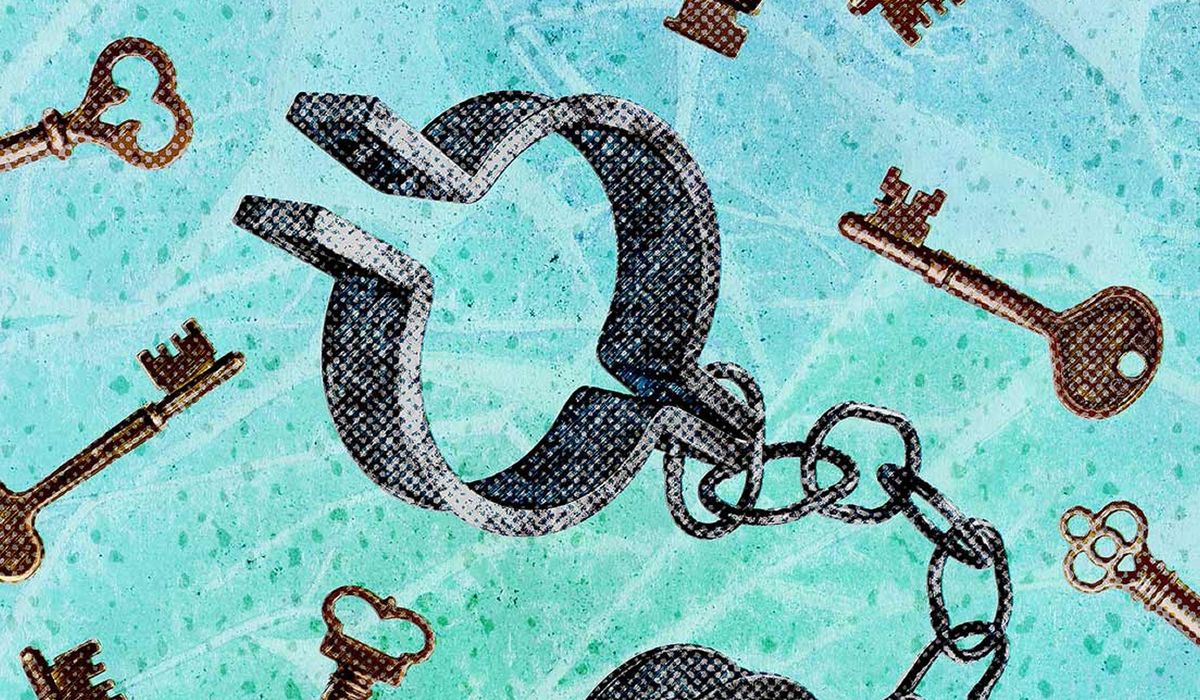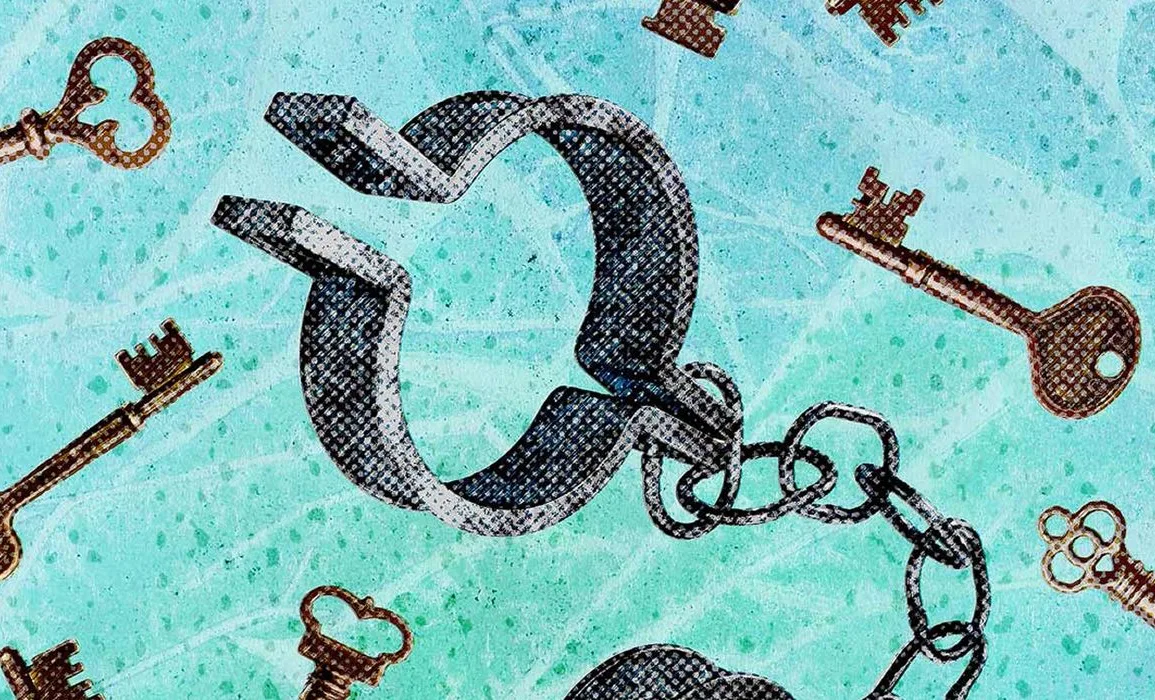
OPINION:
Delaware U.S. Attorney David Weiss is being accused of deliberately letting the statute of limitations run out on Hunter Biden’s failure to pay his full taxes for 2014 and 2015. If this is true, it is further evidence of substantial corruption in the Justice Department.
The belief that action by prosecutors or others who may have cause for redress against those who are alleged to have committed an illegal act must take place in a specified time period goes back at least as far as the ancient Greeks.
The Romans, among others, codified statutes of limitations, and many of these Roman codes were incorporated into English common law. In the centuries after 1600, the British built their empire using their common law, which in part is used by perhaps half of the world’s population and serves as the legal basis for much of global civil society.
Individual jurisdictions — countries, U.S. states, and localities — have established statutes of limitations for both misdemeanors and felonies. There are a few exceptions, such as murder. Tax violations often have relatively short periods in which the authorities can bring an action, reflecting the problems of fading memory, record-keeping, and the ever-changing complexities of tax laws.
Other than in some communist countries, crimes that “reach beyond the grave” are not prosecuted for good reason. That the sins of the father should not be vested upon the son is a belief that most civilized societies have practiced for thousands of years.
Periodically, the movement for “reparations” for wrongs done to a particular group is revived, as is happening in California and the city of San Francisco. The argument is that some Americans whose ancestors were slaves have continued to suffer because of that legacy, despite the fact that slaves in America were freed about 160 years ago.
Even if that argument has merit, there are the intractable problems of determining which living Americans are the real victims and who among living Americans bear responsibility for the actions of their or someone else’s ancestors.
At the beginning of the Civil War, there were less than four million slaves and 31 million White Americans, of whom only a tiny minority were slaveholders. Currently, there are about 335 million Americans, of which 45 million identity as Black, 250 million are White, and the rest identify as Asian, American Indian, or some mixture of races.
The vast majority of White, Black, and mixed-race Americans have ancestors that arrived after the abolition of slavery, and there is no practical way of sorting out how much “slave” or “slaveholding” blood any American has — so who should receive reparations and who should pay is insolvable.
Former President Barack Obama’s heritage illustrates the problem. Some of his White mother’s ancestors are alleged to have been slaveholders, and some of his African father’s ancestors are alleged to have been Black slaveholders.
Slavery was the world norm from well before antiquity up to about 300 years ago. It had been practiced everywhere — China, India, Africa, Europe, and among American Indians. The Portuguese began the practice of bringing Black Africans as slaves to their new, far-flung colonies, including Brazil. For the most part, it was African slaveholders that sold their slaves to White Europeans. No one was pure in this seedy business.
It was Britain, after centuries of slave dealing, that had a moral awakening in the mid-1700s that slavery was wrong, and it was the first major nation to outlaw the slave trade in 1807 and to free slaves in their colonies in 1838.
Some have argued the change in attitude came from the philosophers of the Enlightenment, the rise of Protestant sects with a focus on individual responsibility, and new technologies like the steam engine, reducing the need for unskilled physical labor. All probably played a part.
When George Washington was a young man, slavery was the world norm — and like almost all in his and previous generations, he accepted it. We know from his own letters that he, like many of his contemporaries, changed his view and, by the end of his life, was focusing on both freeing his own slaves and ending the institution, which he increasingly viewed as morally wrong and economically destructive.
There are those who judge the actions of leaders in the past by today’s standards while failing to recognize how quickly “accepted” attitudes and practices can change. It has been only a century since most women obtained the right to vote, and same-sex marriage has been widely accepted only in the last decade.
Constitutional scholar Richard Epstein, of the University of Chicago Law School, wrote in a 2004 article:
“The effort to place reparations front and center ignores that time has shifted the locus of our current concerns to a new set of issues that will not be resolved by reliving the horrors of an early generation in some collective or official capacity. We have to live life going forward. We cannot make collective amends for all the wrong in the past. But we can create new and unnecessary hurts by trying to remedy past wrongs. A divisive campaign for reparations will undercut the efforts that we all want to make a stronger, more vital, more productive and more caring nation.”
• Richard W. Rahn is chairman of the Institute for Global Economic Growth and MCon LLC.



